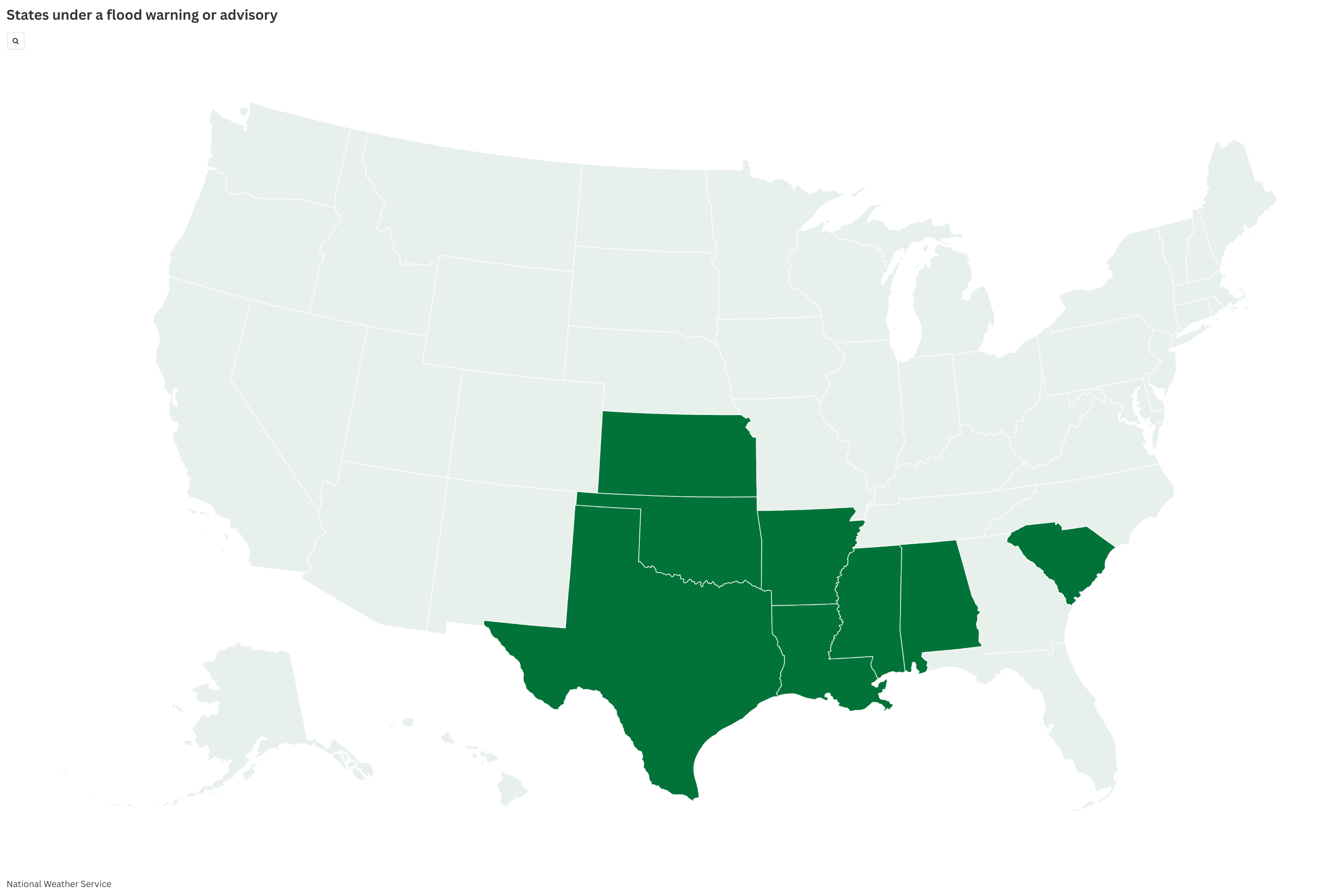
Close to half of Generation Z believes monogamy is an outdated norm in modern relationships, according to a new report from Rayden Solicitors.
Survey data reveals Gen Z—the cohort currently aged up to 28—expresses greater comfort with non-monogamous relationships than previous generations. Experts spoke with Newsweek about what may be behind the numbers.
The findings reflect a transformation in how young Americans approach romantic and sexual relationships, with 42 percent of those aged 18 to 24 believing that monogamy is no longer a “realistic” ideal in modern relationships.
Why It Matters
The shifting views among Gen Z carry implications for family formation, social norms, and future marriage rates in the United States.
As new generations challenge traditional assumptions about love, commitment, and partnership, societal structures may adapt to reflect broader choices in relationship models. These patterns could shape household dynamics, economic planning, and even public policy for decades to come, experts and social scientists suggest.

JAM STA ROSA/AFP via Getty Images
What To Know
The report from Rayden Solicitors, based on responses from 1,000 UK residents, found that nearly one in three people (31 percent) believe monogamy is no longer a realistic ideal in modern relationships.
This perspective was more common among younger adults, with 42 percent of those aged 18–24 saying monogamy was an outdated concept.
Views on monogamy were similar between men and women. However, men were slightly more likely to believe it’s still a realistic ideal, with 69 percent saying so, compared to 67 percent of women.
Many people are staying in relationships far longer than what might be healthy, with 68 percent of respondents admitting to staying in a relationship longer than they wanted to. This often came down due to emotional and financial reasons, with 19 percent staying due to a shared living environment.
A different survey cited by Fox News Digital reported that 57 percent of Gen Z is willing to consider a non-monogamous relationship.
The research, conducted by Ashley Madison via YouGov, found that Gen Z accounted for 40 percent of new members on the platform in 2022. Among Gen Z Ashley Madison users, 59 percent expressed interest in open or polyamorous relationships.
Similarly, a Thriving Center of Psychology survey found that two in five young adults—Gen Z and millennials—view marriage as outdated.
Despite this, 83 percent still hoped to marry someday, suggesting that while traditional forms of commitment are being questioned, the desire for long-term companionship persists. The survey also detected economic anxieties and a belief that marriage is not required for a fulfilling relationship.
Gender differences are pronounced: 29 percent of female Ashley Madison members cited seeking multiple partners to fulfill emotional needs, compared to 9 percent of male members.
Roughly 21 percent of surveyed women said they could not be happy in a monogamous relationship, compared to 15 percent of men. Moreover, 60 percent of Gen Z users on the platform preferred to keep their sex lives private.
Economic factors such as student debt, cost of living, and housing instability have repeatedly been cited as reasons for delaying or avoiding traditional, monogamous relationships.
A prior Newsweek report noted that Gen Z is the loneliest generation, with 46 percent single, and many see independence, self-care, and financial security as critical priorities before considering committed relationships.
What People Are Saying
Dr. Wendy Walsh, a relationship expert from DatingAdvice, told Newsweek: “Our culture puts pressures on us and it can impact our sexual behavior. Religion is a good example of a cultural invention that impacts sexual behavior. Mating marketplaces are a big one too. If one is born in a small town, and has very few mate choices, surprise, surprise, they may behave in a monogamous way.”
Bryan Driscoll, an HR consultant who specializes in generational differences, told Newsweek: “I think Gen Z just sees the world for what it is: messy, over-leveraged, and full of broken promises. Maybe that’s attributable to youth, but it also strikes envy. So it’s no surprise they’re rethinking many ways of life, including monogamy. When job security is a myth, housing is out of reach, and climate collapse feels inevitable, why cling to outdated relationship models that don’t reflect reality?”
What Happens Next
Ongoing generational shifts in attitudes toward monogamy and marriage are likely to influence future family structures, policy responses, and social norms in the U.S.
“Questioning monogamy isn’t a sign of moral decline. It’s a sign of honesty, a rejection of a one-size-fits-all solution in favor of relationships built on consent, communication, and clarity,” Driscoll said. “That might unsettle people who prefer the illusion of tradition over the work of transparency.”
Researchers anticipate a continued rise in alternative relationship arrangements, along with evolving expectations about commitment, privacy, and partnership.
However, Walsh said it’s natural for the younger generation to be less likely to adopt monogamous ideals.
“This is the age of experimentation,” Walsh said. “This is the age of auditioning partners. This is the age of gender and sexual fluidity. It makes sense that young people in any study would say that monogamy may not be realistic for them.”
The mating marketplace has changed enormously for Gen Z as well, Walsh said.
“We are seeing an oversupply of successful women in this age and an under supply of marriageable men for these women. For every man who graduates college, there are two women. Women now make up the majority of the American workforce. I’m talking about education and economics,” Walsh said.
“There are many many great guys that these women should choose to be monogamous with because they would be great husbands and fathers, but many of these high achieving women perceive them as less valuable. And so, with no ‘marriageable’ men on the horizon, many women are experimenting with multiple partners, sharing high-status men, or choosing same-sex relationships.”





